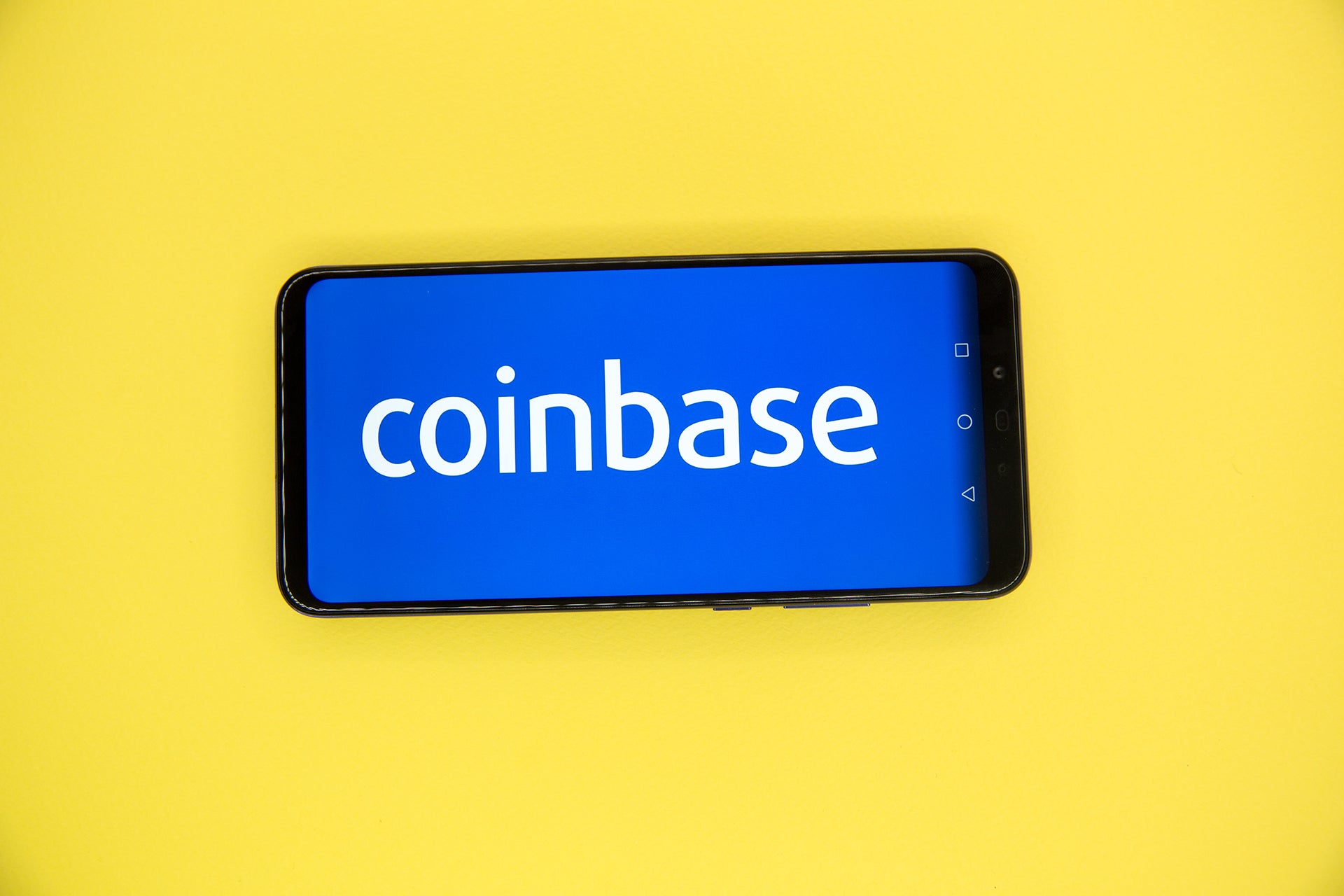
Cryptocurrency platform Coinbase is launching a marketplace for non-fungible tokens (NFT), monetising a craze critics claim is nothing more than a speculative bubble.
While Coinbase hasn’t provided a launch date for the NFT marketplace yet, it has opened a waiting list for customers interested in minting, showcasing, selling and buying digital tokens.

Access deeper industry intelligence
Experience unmatched clarity with a single platform that combines unique data, AI, and human expertise.
The cryptocurrency exchange didn’t return Verdict’s requests for comment, how it would stand out against competitors like Binance, when the marketplace will actually launch or why it had decided to found a new service for digital tokens.
However, some market analysts and stakeholders believe that the Coinbase NFT move makes sense.
“Coinbase has already profited significantly from speculation on cryptocurrencies so it’s only natural for them to embrace NFTs as well,” Catherine Flick, cryptocurrency expert at De Montfort University, tells Verdict.
“They also have a certain amount of trust built up in the crypto community, so unlike some of the NFT-specialist startups, they might actually be around in a few years.”

US Tariffs are shifting - will you react or anticipate?
Don’t let policy changes catch you off guard. Stay proactive with real-time data and expert analysis.
By GlobalDataHow will Coinbase’s NFT marketplace work?
From the look of things, the NFT marketplace championed by Coinbase will operate in much the same way as rival platforms developed by the likes of Binance and token trading site Terra Virtua.
Coinbase says the initial launch will support Ethereum-based ERC-721 and ERC-1155 standards with multi-chain support planned for the near future.
“The platform has been created to foster community and connect creators, collectors and fans,” Coinbase said in a statement.
Despite offering a similar product to many other marketplaces, analysts believe Coinbase will be able to leverage its previous successes against its rivals.
“Coinbase, like Facebook, has the user base,” Luis Carranza, founder of NFT Club Fayre, tells Verdict. “They need to keep them happy and provide new forms of value. Crypto investors are increasingly holding a percentage of their crypto in NFTs and treating them an asset class. It’s for the same reason they allow users to buy Shiba. The market is doing it and they are wise not to miss out.”
Even though there is a rivalry between the two cryptocurrency exchanges, Binance has welcomed Coinbase into the realm of NFTs.
“We welcome anything that furthers the growth of the crypto ecosystem and helps drive further adoption,” a Binance spokesperson told Verdict. “Binance believes the global NFT market will continue to grow and we look forward to supporting its development and the innovative new use cases that emerge.”
What is an NFT?
An NFT is, simply put, a type of smart contract leveraging blockchain technology to authenticate ownership of stuff.
It is one of the many different applications of digital ledger technology, also known as blockchain, which is best known as the backbone of cryptocurrencies like bitcoin and ethereum.
But blockchain can also be used for things like cybersecurity and smart contracts, which help explain why tech companies like IBM, Accenture and Infosys are the market leaders in the field, according to GlobalData’s thematic scorecard on blockchain and IT service leaders.
NFTs are nothing new. The first one was created in 2012 and NFTs have popped up ever since. Some readers may remember the bizarre blockchain craze for CryptoKitties around 2019.
However, interest in NFTs gained momentum earlier this year. Everyone from the rock band Kings of Leon to Twitter CEO Jack Dorsey seemed eager to jump on the bandwagon.
The artist Beeple famously sold a piece of digital art as an NFT for $69.3m during an auction at Christie’s in March.
Even though anyone could easily snatch a digital copy of the artwork, the holder of the NFT is the only one who can prove they own it.
The craze also encouraged investors to bet on NFT marketplaces like OpenSea, which raised $23m in March.
What’s up with the NFT bubble?
NFT evangelists have championed the technology as a way for artists to more fairly get paid for their efforts.
“NFTs are still in their infancy and the technology comes with inherent risks, but the promise of a new asset class, a more secure proof of ownership, and an additional revenue stream for content creators makes owning an NFT worthwhile and there is future for them beyond a speculative bubble,” Pavel Matveev, CEO of Wirex, tells Verdict.
However, the ease with which digital artwork can still pirated and the unregulated nature of NFTs has prompted critics to argue that the asset class is just a speculative bubble waiting to burst.
One GlobalData report on blockchain goes as far as to say the hype around NFTs “is out of proportion,” reminding readers that NFT IP rights remain “in their infancy, and the implications are unclear.”
This view is supported by revelations about OpenSea’s platform having been used for insider trading.
The criticism and the bad press motivates the question: do NFTs really have any value?
“It’s funny that people claim to be mystified by NFTs when we already have the art market,” George Monaghan, graduate analyst at GlobalData’s thematic research team, tells Verdict. “The two are perfectly analogue: assets with no functional value traded at massive prices because they are unique items and worthwhile investments.
“People buy NFTs for exactly the reasons people buy original artworks. Are NFTs actually worth anything? Are Hirst’s dots actually worth anything? You can call both ridiculous, or neither, but not one.”







